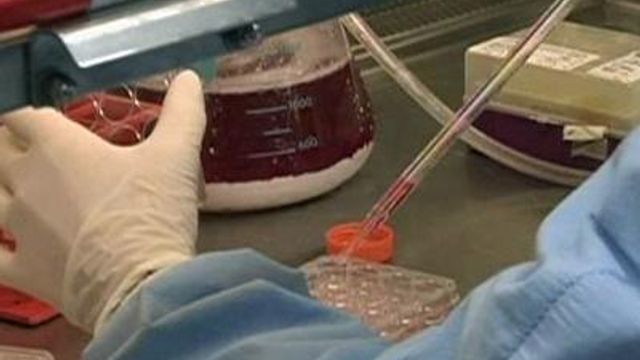Study examines biomedical research funding
Researchers say biomedical research across the country is the chief engine behind new therapies and products for improving patient health.
Posted — UpdatedResearchers say biomedical research across the country is the chief engine behind new therapies and products for improving patient health.
A new study has found that funding in the field increased from 2003 to 2007, however, the rate of increase was “much less than it had been from the previous decade,” said researcher Dr. Ray Dorsey of the University of Rochester Medical Center in New York.
Looking at public data from major funding sources, researchers found, after adjusting for inflation, that funding grew annually by 3.4 percent over those four years compared to 7.8 percent from the decade earlier.
“In 2008, funding from the National Institutes of Health and from industry, pharmaceutical, medical device and biotechnology firms actually decreased compared to funding from those same sources in 2007,” Dorsey said.
The study, published in the Journal of the American Medical Association, shows the number of new therapies approved by the U.S. Food and Drug Administration did not increase from 2003 to 2007. The amount of research money aimed at improving the way people receive health care was also found to be very small.
“Currently, about $5 out of every $100 spent on health care goes to fund biomedical research but less than a dime goes to fund research aimed at improving the way health care is delivered in the United States,” Dorsey said.
Copyright 2024 JAMA. All rights reserved.





